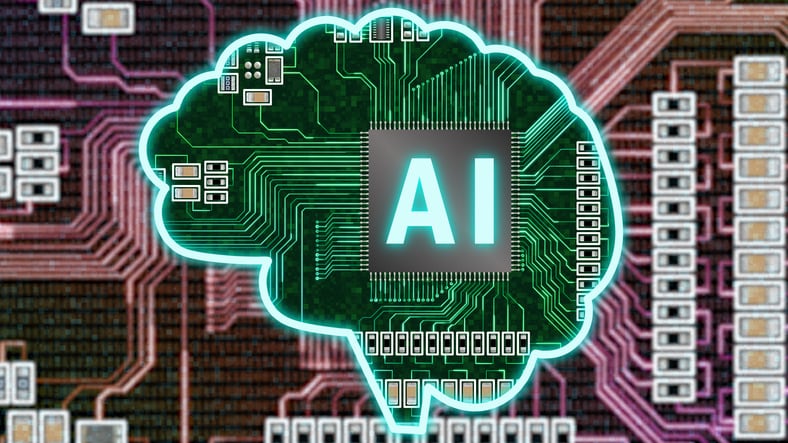Microsoft and Syngenta are both busy bringing AI solutions to agriculture. Microsoft’s Azure Data Manager for Agriculture platform, for example, tracks the likes of soil and moisture data around-the-clock to give actionable insights to farmers.
Syngenta has just launched Cropwise AI, a cutting-edge GenAI system designed to increase the efficiency of agronomic advisors and growers to determine the best crop management practices.
Appearing at the recent World Agri-Tech Innovation Summit in London, experts from the two companies were bullish that AI and GenAI can transform farming practices and improve efficiency.
Watch: Microsoft and Syngenta talk AI
We will see a “revolution” in things like process automation to save valuable time for farmers, said Claudia Roessler, principle programme manager, ag strategic partnerships, at Microsoft.
Feroz Sheikh, chief information and digital officer at Syngenta Group, explained how the company is combining agronomic knowledge with cutting-edge AI capabilities, enabling it to “empower growers to make data-driven decisions that drive productivity, profitability, and sustainability”.
Speaking with us from the sidelines of the event, the pair explained that AI an GenAI is designed to improve the recommendations given by agronomists and other advisors to farmers and growers – not to replace them entirely.
Users don’t need to understand how AI and GenAI works, Sheikh stressed, merely the understanding that it can help them make better, data-driven, decisions.
But there are problems too, such as challenges in integrating and effectively using AI systems within existing processes, workflows, and infrastructures. There are also ethical considerations surrounding data usage, protection, and consent.
The need for humans-in-the-loop
Sheikh said humans-in-the-loop are still very much needed. Humans-in-the-loop in AI refers to the active involvement of humans in developing, training, and operating AI systems. It acknowledges that while AI is powerful, it can make mistakes or lack context, so human input remains valuable.
AI “will only get better as we train it with more and more data and the AI becomes more informed to be able to reduce the number of times it makes an incorrect forecast”, he said.
“One company doing it the wrong way can hurt the entire industry,” Roessler added. “It's about data privacy and security and making sure people know how their data is used and [that] we have consent to use the data in that way.”
What about AI's energy demands?
The focus on humans-in-the loop may also help AI players address another elephant in the room with regard AI and GenAI – its high energy use. Microsoft, for example, is committed to be carbon negative by 2030. It also pledges that by 2050 it will remove from the environment all the carbon the company has emitted either directly or by electrical consumption since it was founded in 1975.
But Microsoft's greenhouse gas emissions have increased around 30% compared to 2020, largely as a result of its prioritisation of AI development.
"We as company are very conscious of the impact it has on energy and carbon emissions,” Roessler said. “We are trying to build it so that the models become smaller and more effective.”
Microsoft says it is investing in developing methodologies to quantify the energy and water use and carbon impact of AI while working on ways to make large systems more efficient, in both training and application.



